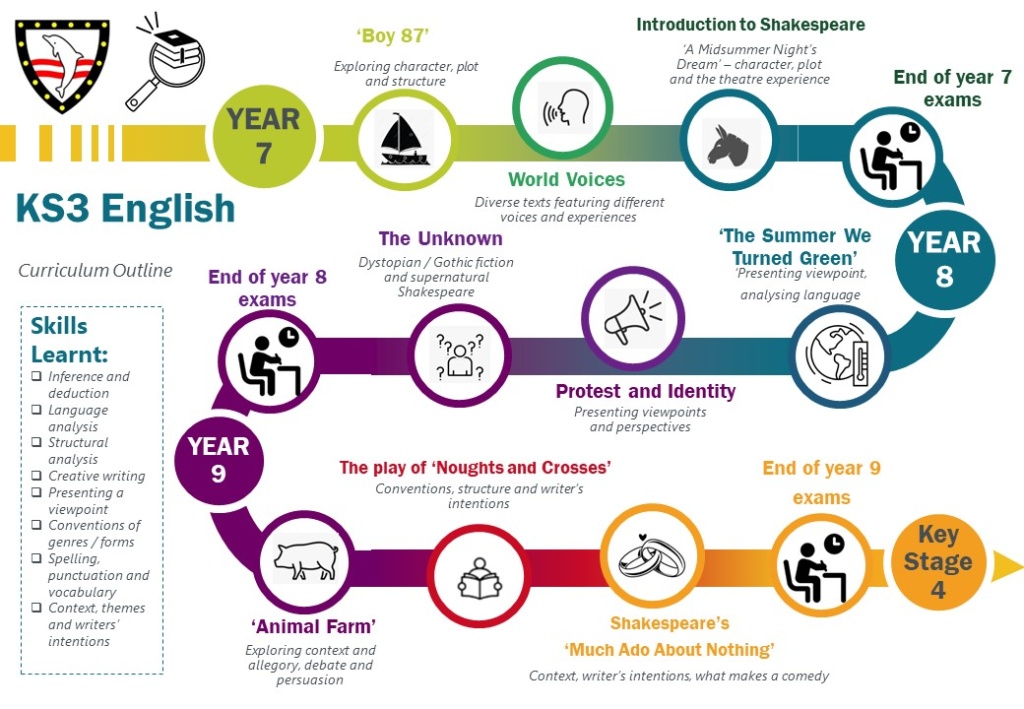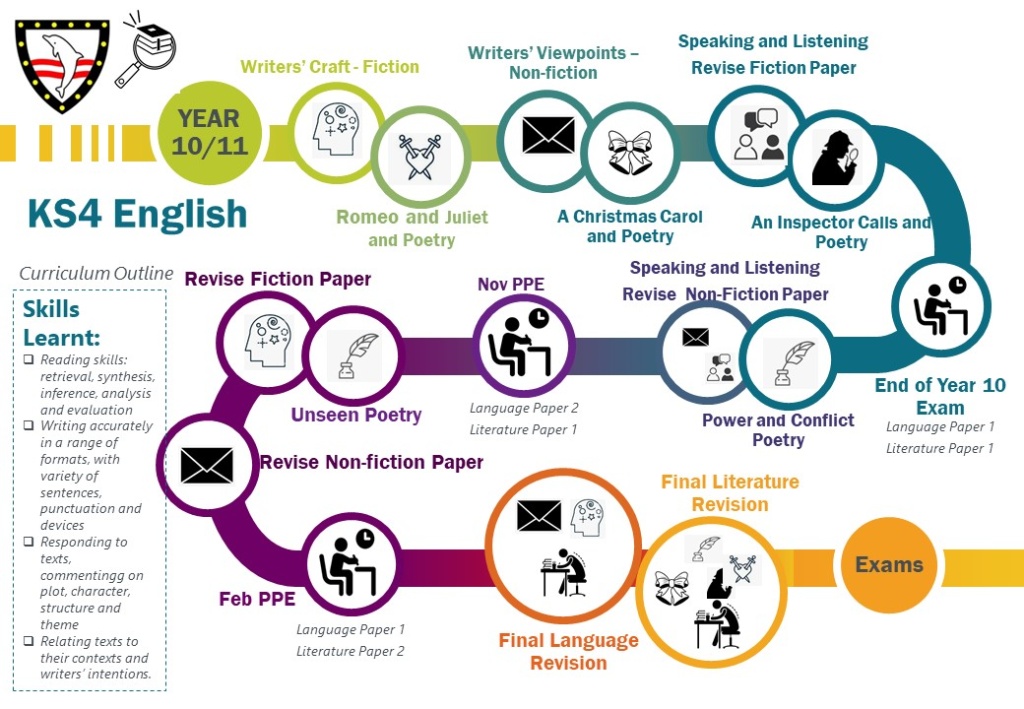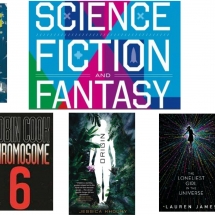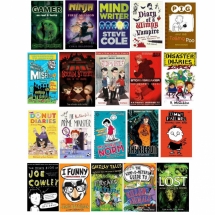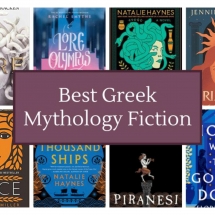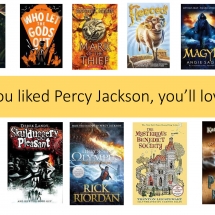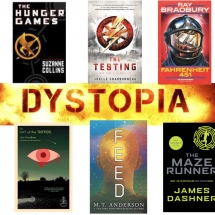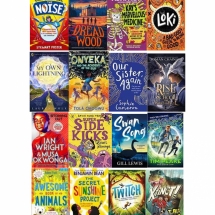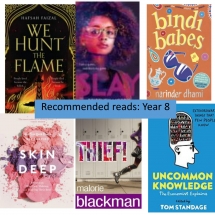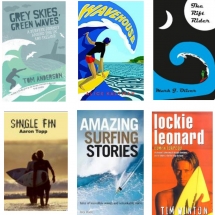English
The English Language and Literature curriculum includes the analysis of both modern and classic texts, including media texts. It opens minds, develops analytical and reflective skills and through this, students learn to develop their own uniqueness and literary style.
Our curriculum is engaging, exciting and aims to develop a keen sense of why language itself is critical to all round success. Our team of committed, experienced staff will ensure through focused teaching, structured group work, discussion and reflection, students learn to master all forms of literary style and to identify those areas essential for their own individual development.
Beyond the curriculum, students have the opportunity to participate in a range of theatre visits, as long as literary festivals and competitions.
At Key Stage 3, the focus is very much on developing the key skills of reading, writing, speaking and listening in a range of contexts and for a range of audiences. As students progress through Years 7-9, they will study a range of texts and media and become increasingly skilled in expressing themselves confidently and fluently.
The Key Stage 3 curriculum takes us through an exciting range of thematic programmes of study, which include:
Year 7 – The Village, the contemporary novel ‘Boy 87’, poetry from Other Voices and an Introduction to Shakespeare
Year 8 – Protest and Identity, Remarkable Women, The Unknown and Our World
Year 9 – ‘A Christmas Carol’ by Charles Dickens, Approaches to Unseen Poetry, Shakespeare’s ‘Much Ado About Nothing’
Each theme is explored in and imaginative and engaging way, exploring a range of texts which prepare students for the demands of the GCSE course in Key Stage 4.
A curriculum overview calendar for Years 7-11 English is available here
If you have any further questions about Key Stage 3 English please contact:
Mrs A Ludlow – KS3 Co-ordinator
Miss S Niles – School Progress and Achievement Lead
In Key Stage 4 students work towards two GCSE qualifications, English Language and English Literature. Our examination board is AQA for both qualifications and assessment is through terminal examinations.
Year 9 – In the final term of Year 9, students begin their preparation for the GCSE courses by studying a unit which reviews the skills they have developed over KS3 and links into their KS4 courses.
Year 10 – The GCSE courses begin with an introductory unit about how to be a critical reader. Students then cover three thematic units (Representation, Power and Status and Vision) which incorporate ‘An Inspector Calls’, ‘Romeo and Juliet’, Power and Conflict Poetry, Unseen Poetry and the reading and writing skills required for the two English Language examinations, together with a recorded Speaking and Listening presentation.
Year 11 – Sir Arthur Conan Doyle’s Victorian novella ‘The Sign of Four’ is the focus for the first term (a smaller number of students will study ‘A Christmas Carol’ by Charles Dickens). From Christmas onwards, the focus is on revision and consolidation of all texts and skills students need for their four terminal examinations.
There is more information on the Key Stage 4 English curriculum here
For Year 11 English Revision Resources please click here
For the AQA GCSE English Language exam specification please click here
For the AQA GCSE English Literature exam specification please click here
If you have any further questions please contact:
Reading is a crucial element to becoming a successful learner. Students who read regularly can enjoy:
- Improved academic success – ‘significantly better’ results across the curriculum
- Enhanced imagination
- 26% higher vocabulary knowledge
- Boosted writing, grammar and communication skills
Here at Richard Lander, students have regular access to our well-stocked library for browsing, choosing, and borrowing, where they are facilitated by our Reading Leaders. We offer Book Clinics where students who are struggling to be united with a book can have a 1:1 appointment to find their next read, and one tutor time a week is dedicated to reading for pleasure. Reading is a regular occurrence within lessons and across the curriculum, and encouraging reading at home and for pleasure is the crucial partner in improving outcomes for our students.
I have a reluctant reader, what can I do?
Cornwall Library – audio books
Reading for Enjoyment newsletter
Year 10 and 11 Challenging Book Recommendations
Thank you for your continued support – The English Department
